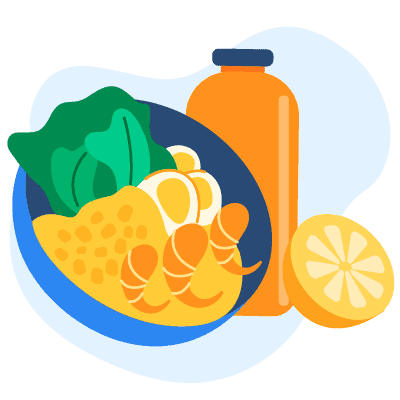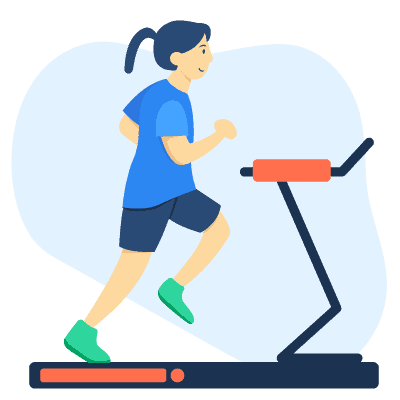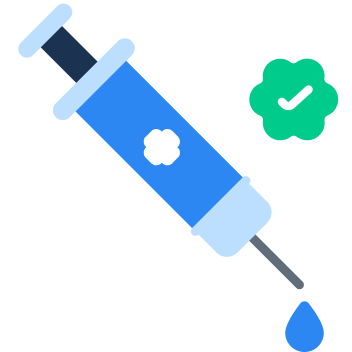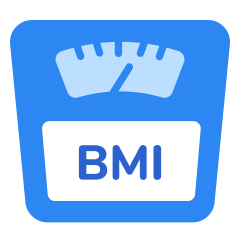Mansour, M. S., Ni, M., Roberts, A. L., Kelleman, M., RoyChoudhury, A., & St-Onge, P. (2012). Ginger consumption enhances the thermic effect of food and promotes feelings of satiety without affecting metabolic and hormonal parameters in overweight men: A pilot study. Metabolism: Clinical and experimental, 61(10), 1347. https://doi.org/10.1016/j.metabol.2012.03.016
Sugimoto, K., Takeuchi, H., Nakagawa, K., & Matsuoka, Y. (2018). Hyperthermic Effect of Ginger (Zingiber officinale) Extract-Containing Beverage on Peripheral Skin Surface Temperature in Women. Evidence-based Complementary and Alternative Medicine : ECAM, 2018. https://doi.org/10.1155/2018/3207623
Andrade C. Ginger for Migraine. J Clin Psychiatry. 2021 Nov 30;82(6):21f14325. doi: 10.4088/JCP.21f14325. PMID: 34851560. https://doi.org/10.4088/jcp.21f14325
Zhou, X., Chu, X., Wang, J., Xie, B., Ge, J., Guo, Y., Li, X., & Yang, G. (2019). Allicin Improves Metabolism in High-Fat Diet-Induced Obese Mice by Modulating the Gut Microbiota. Nutrients, 11(12). https://doi.org/10.3390/nu11122909
Brown Fat, Brown Adipose Tissue: What It Is & What It Means. (2023). Retrieved 6 March 2023, from https://my.clevelandclinic.org/health/body/24015-brown-fat
Szolcsányi, J. (2015). Effect of capsaicin on thermoregulation: An update with new aspects. Temperature: Multidisciplinary Biomedical Journal, 2(2), 277-296. https://doi.org/10.1080/23328940.2015.1048928
4 Ways Protein Can Help You Shed Pounds. (2022). Retrieved 6 March 2023, from https://health.clevelandclinic.org/how-much-protein-to-eat-to-lose-weight/
Comino, I., Moreno, L., & Sousa, C. (2015). Role of oats in celiac disease. World Journal of Gastroenterology, 21(41), 11825-11831. https://doi.org/10.3748/wjg.v21.i41.11825
Ravichanthiran, K., Ma, Z. F., Zhang, H., Cao, Y., Wang, C. W., Muhammad, S., Aglago, E. K., Zhang, Y., Jin, Y., & Pan, B. (2018). Phytochemical Profile of Brown Rice and Its Nutrigenomic Implications. Antioxidants, 7(6). https://doi.org/10.3390/antiox7060071
Katada, S., Yanagimoto, A., Matsui, Y., Hibi, M., Osaki, N., Kobayashi, S., & Katsuragi, Y. (2019). Effect of tea catechins with caffeine on energy expenditure in middle-aged men and women: a randomized, double-blind, placebo-controlled, crossover trial. European Journal of Nutrition, 59(3), 1163–1170. https://doi.org/10.1007/s00394-019-01976-9
Van Schaik, L., Kettle, C., Green, R., Irving, H. R., & Rathner, J. A. (2021). Effects of Caffeine on Brown Adipose Tissue Thermogenesis and Metabolic Homeostasis: A Review. Frontiers in Neuroscience, 15. https://doi.org/10.3389/fnins.2021.621356
Where Does Body Fat Go When You Lose Weight?. (2019). Retrieved 6 March 2023, from https://health.clevelandclinic.org/where-does-body-fat-go-when-you-lose-weight/
Krishnamurthy, H. K., Reddy, S., Jayaraman, V., Krishna, K., Song, Q., Rajasekaran, K. E., Wang, T., Bei, K., & Rajasekaran, J. J. (2021). Effect of Micronutrients on Thyroid Parameters. Journal of Thyroid Research, 2021. https://doi.org/10.1155/2021/1865483
Hypothyroidism: Symptoms, Causes, Treatment & Medication. (2023). Retrieved 6 March 2023, from https://my.clevelandclinic.org/health/diseases/12120-hypothyroidism
Higgins, J. A. (2014). Resistant starch and energy balance: Impact on weight loss and maintenance. Critical reviews in food science and nutrition, 54(9), 1158. https://doi.org/10.1080/10408398.2011.629352
Clark, K. S., Coleman, C., Shelton, R., Heemstra, L. A., & Novak, C. M. (2019). Caffeine enhances activity thermogenesis and energy expenditure in rats. Clinical and experimental pharmacology & physiology, 46(5), 475. https://doi.org/10.1111/1440-1681.13065


























